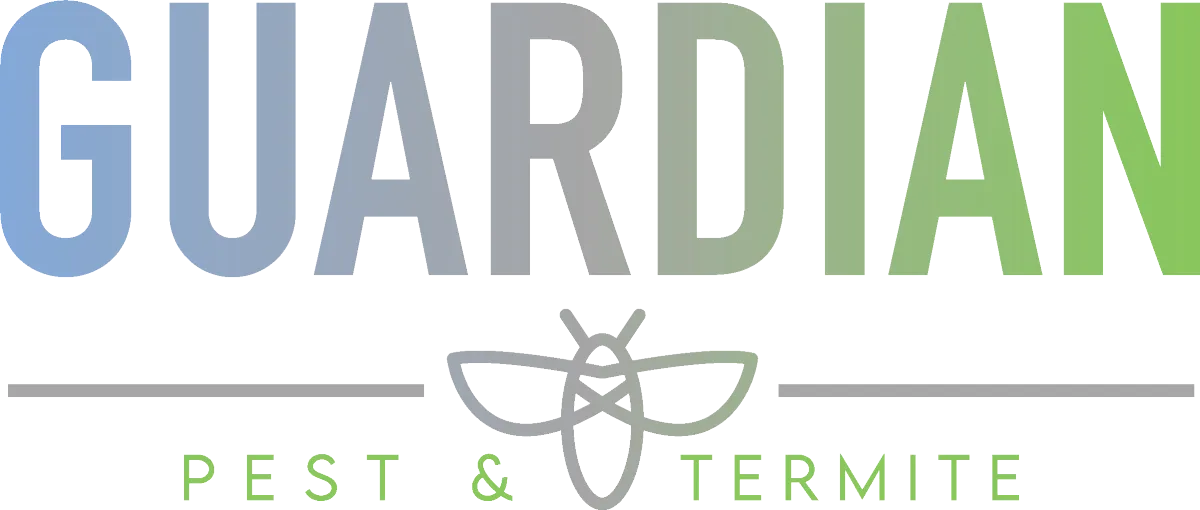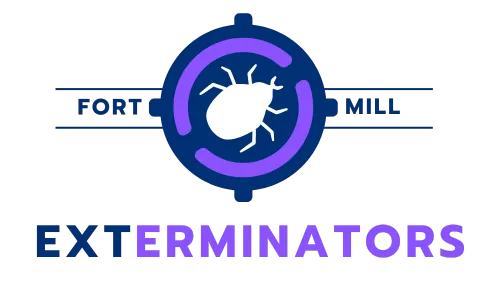
The Fort Mill Pest Journal
The Fort Mill SC Pest Control Journal

New Year, No Pests: Setting Pest Control Resolutions in the Carolinas
Why Adopt a Year-Round Pest Management Strategy?
Seasonal Adaptability:
Pests in the Carolinas show remarkable adaptability, thriving in varying seasonal conditions. Each season presents its distinct challenges: from the resurgence of insects like mosquitoes and ticks in the warm, moist conditions of spring and summer to the encroachment of rodents and spiders seeking warmth and shelter during the fall and winter months. A year-round pest management strategy is crucial as it adapts to these changing conditions, ensuring that your home isn’t just prepared for seasonal pest surges but remains fortified against them throughout the year. This proactive approach prevents the establishment of pest populations before they can become a severe problem.
Continuous Protection:
Pests do not pause their activities; they are continually breeding, feeding, and invading spaces wherever possible. Without a consistent and adaptive pest control plan, it is only a matter of time before new infestations take hold. Implementing regular inspections and maintaining ongoing treatments address not only the immediate concerns of known infestations but also serve as preventative measures. This continuous protection strategy is essential in creating barriers that keep pests out, providing peace of mind that your home is safeguarded against pest invasions year-round.
Healthier Living Environment:
The health implications of pest infestations are significant and wide-ranging. Common pests such as rodents, cockroaches, and mosquitoes are known vectors of various diseases, including hantavirus, salmonella, and West Nile virus, respectively. These pests can also exacerbate allergies and asthma, particularly in children and sensitive individuals, by spreading dander and other allergens. A year-round pest management plan ensures these health risks are consistently addressed, contributing to a healthier home environment. Regular pest control not only diminishes the chances of pest-related diseases but also enhances overall indoor air quality and living conditions by minimizing the allergens pests leave behind.
Cost-Effectiveness of Regular Pest Control
Overview: Implementing a consistent pest management strategy is not just about keeping unwanted guests at bay; it's a financially savvy decision for homeowners. Regular pest control can significantly reduce the likelihood of facing severe infestations that require expensive emergency responses and extensive damage repair.
Preventative vs. Reactive Costs:
Minor Infestation Costs: Regular pest control involves routine inspections and minor treatments, which are relatively low in cost. These preventative measures help catch potential infestations early, avoiding the escalation of pest populations.
Major Infestation Costs: On the other hand, addressing a full-blown infestation can be costly. For example, termites, if left unchecked, can cause structural damage to your home, potentially leading to thousands of dollars in repairs. Similarly, rodent infestations can result in chewed wiring and contaminated insulation, both of which require expensive repairs and can pose significant health risks.
Long-Term Savings:
Prevention Saves Money: Investing in regular pest control might seem like an ongoing cost, but it is far less than the potential expenses of addressing large-scale damage. For instance, the cost of routine visits by a pest control service is minimal compared to replacing structural components of a house due to termite damage.
Example Case: Consider a scenario where a homeowner spends a few hundred dollars annually on pest control services, which includes quarterly inspections and treatment as needed. This proactive approach can prevent infestations that might otherwise lead to repair costs upwards of several thousand dollars, particularly with pests like termites and rodents.
Common Misconceptions About Pest Control
Debunking Pest Control Myths: One prevalent misconception about pest control is the notion that services are only required when pests become visible or problematic. This reactive approach can often lead to greater issues, as many pests are adept at remaining undetected until their numbers reach a critical point. For example, by the time termites are noticed, structural damage may already be extensive. Similarly, rodent infestations can go unnoticed until they have caused considerable harm to your home’s wiring or insulation.
Educational Insights: Ongoing pest management is essential for several reasons:
Early Detection: Regular inspections by professionals can identify signs of pests long before a homeowner might notice them. Early detection can lead to simpler and more cost-effective treatments with minimal disruption.
Preventive Measures: Proactive pest control involves setting barriers and treatments that deter pests from entering the home in the first place, addressing potential entry points, and reducing attractants around the property.
Health Benefits: Many pests carry diseases or exacerbate health issues like allergies and asthma. Continuous pest control helps to mitigate these health risks by maintaining a cleaner, pest-free environment.
Cost-Effectiveness: As discussed previously, investing in regular pest management can save money in the long run by preventing the extensive damage and costly repairs associated with large infestations.
Clarifying Facts vs. Myths: It’s also vital to dispel the myth that pest control involves the indiscriminate use of harmful chemicals. Modern pest control techniques emphasize integrated pest management (IPM) strategies, which include biological, physical, and chemical methods that are safer for both the environment and the occupants of the home. These methods focus on long-term prevention and control, customized to the specific needs and conditions of each property.
For more information on setting up your year-round pest management plan or to schedule an inspection, visit our website or contact us directly. Let’s make this new year a fresh start in every way—especially when it comes to keeping pests out of your home.

Schedule a Pest Inspection
Ready to schedule a pest inspection? Contact us today.

